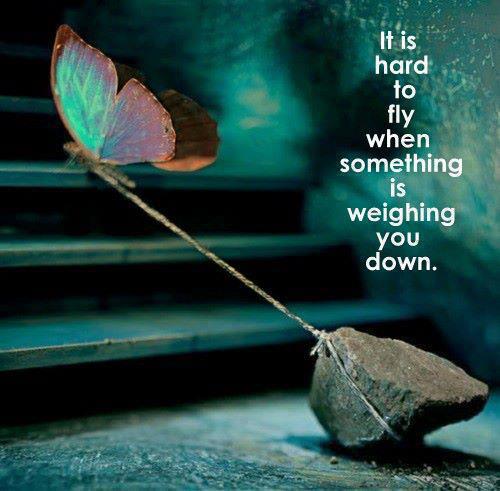“If you want to make enemies, try to change something.”
– Woodrow Wilson, 28th President of the United States
 Image from Flickr by Nanagyei.
Image from Flickr by Nanagyei.
In a world experiencing constant change, you would have thought by now we would have embraced it. How often do you notice yourself (or perhaps others) resisting, getting upset, arguing, or even getting angry when something or someone changes your (or their) world?
A possible reason for this reaction is the concern about or even fear of losing something such as familiarity, comfort, power, prestige, or control.
Exercise:
The next time you are initiating some change that will affect others, or noticing that some change is coming your way, look for the opportunity to engage others in this process.
A quote that I often use is, “People participate in that which they create.”
Please reply to this message if you happen to try this strategy, and let me know how things go.








